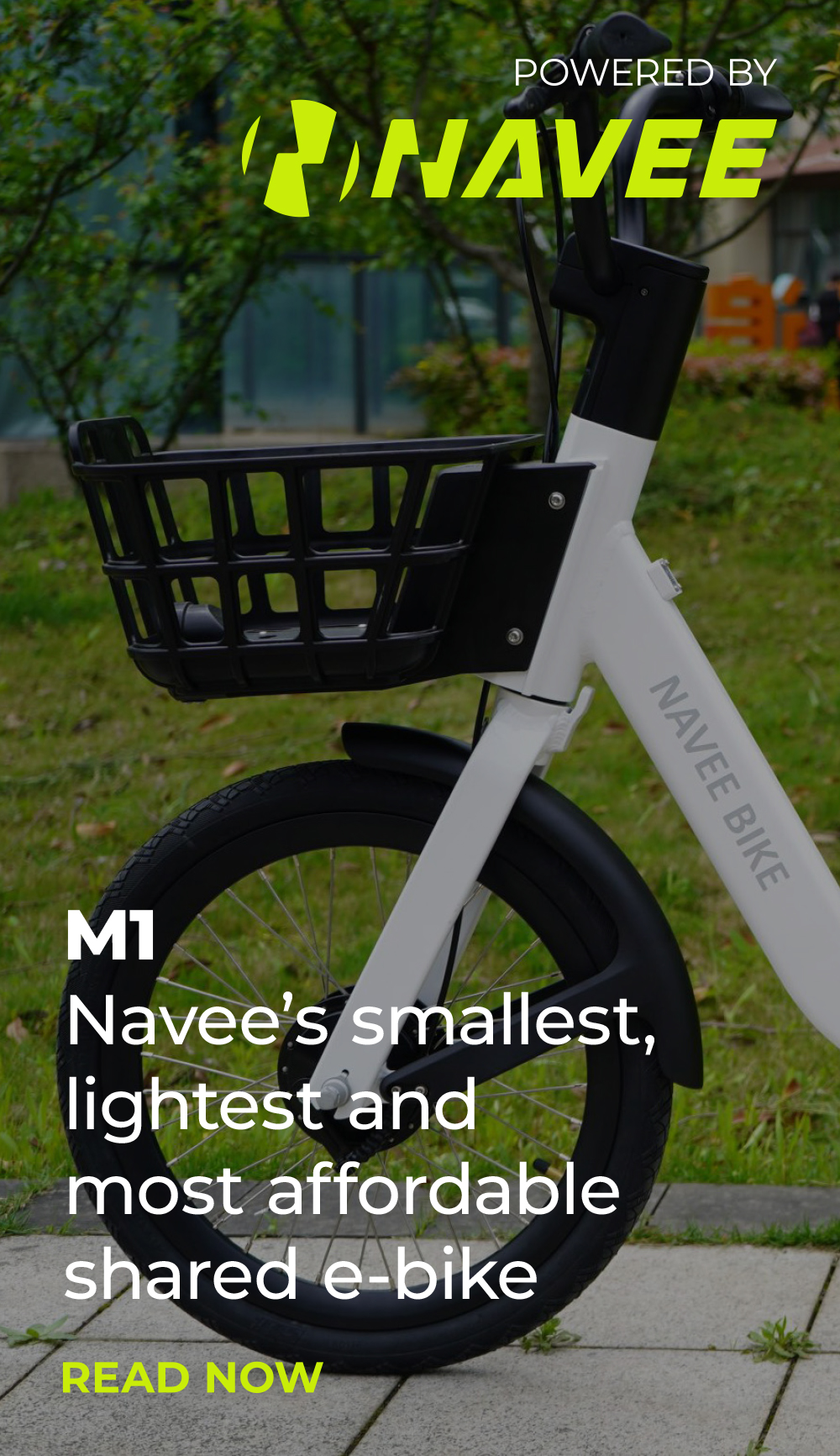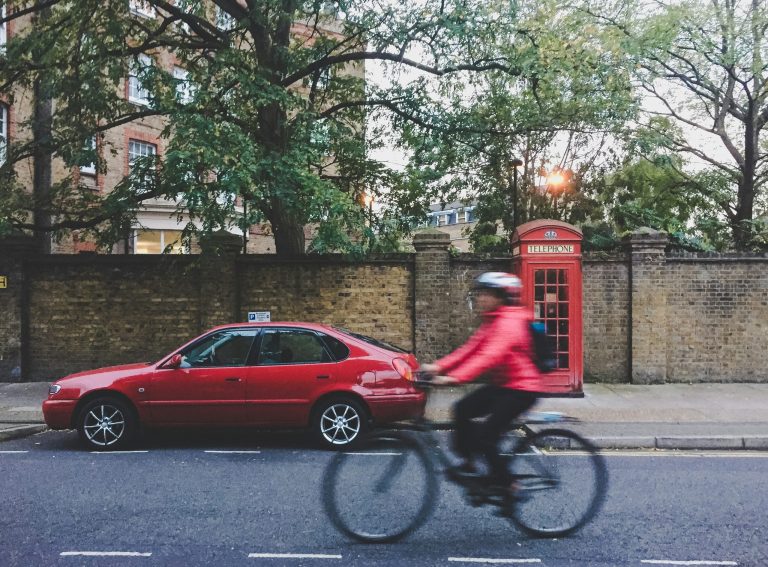Councillors in Stockholm have voted to cut the number of shared e-scooters available for hire in half while moving to just three operators.
Set to come into force on 1 January, the city will limit the number of shared e-scooters available to 12,000, down from around 23,000.
A limit of three operators will also be imposed with a cap of 4,000 devices each.
Based on Zag Daily analysis, Sweden has the highest number of shared e-scooters per capita in Europe, while only Germany has more in total.
Explaining the decision, Stockholm vice-mayor for transport Daniel Helldén told the TT news agency: “Electric scooters are used for 60,000 trips a day in Stockholm, so there is a need. This is not about removing them, it’s basically a smart mode of transport if users behave.”
TIER is one of the largest operators in Sweden and General Manager for the Nordics Lukas Samuelsson said the firm was supportive of the efforts to improve standards in the capital.
“We support the City of Stockholm making higher demands to improve safety and reduce street clutter,” he told Zag Daily.
“This is something TIER has been asking for and arguing for a long time. We need more people who, for example, take responsibility for the expansion of parking infrastructure and increased accessibility to enable a green transformation of Stockholm. Ultimately we hope that this can be a step towards a tender, as in Paris, London and New York, to make the selection process even more rigorous and ensure the highest standards in Stockholm, further driving sustainability, safety and innovation.”
TIER launched 800 e-bikes in the city on Friday, following the rollout of 500 in London earlier this week.
“We welcomed the announcement this week by the city to regulate shared electric scooters and Voi has been pro-regulation since day one,” added Eric André, General Manager of Voi in Sweden.
“Putting a cap on the number of operators is something other cities around Europe have already done: this helps create the right conditions for competition and enables shared micromobility to develop in a way that is user-friendly and empowers the city’s residents instead of overwhelming public spaces. However, there remain challenges around parking and traffic safety. Additional investments and commitment from operators are required to improve the management of shared e-scooters in Stockholm and in other cities. It’s good that Stockholm has found a legal way to demand that all e-scooter providers in the city can operate a high-quality service that contributes to increased safety and order.
“We hope, of course, that we will have the opportunity to continue offering our service in Stockholm next year. Our mission is to help create cities for living, free from congestion, noise and pollution by providing an alternative to private car journeys. We want to continue investing in our service and work tirelessly to create a safe and sustainable mobility service that enables car-free travel in Stockholm and other cities across Europe.”






